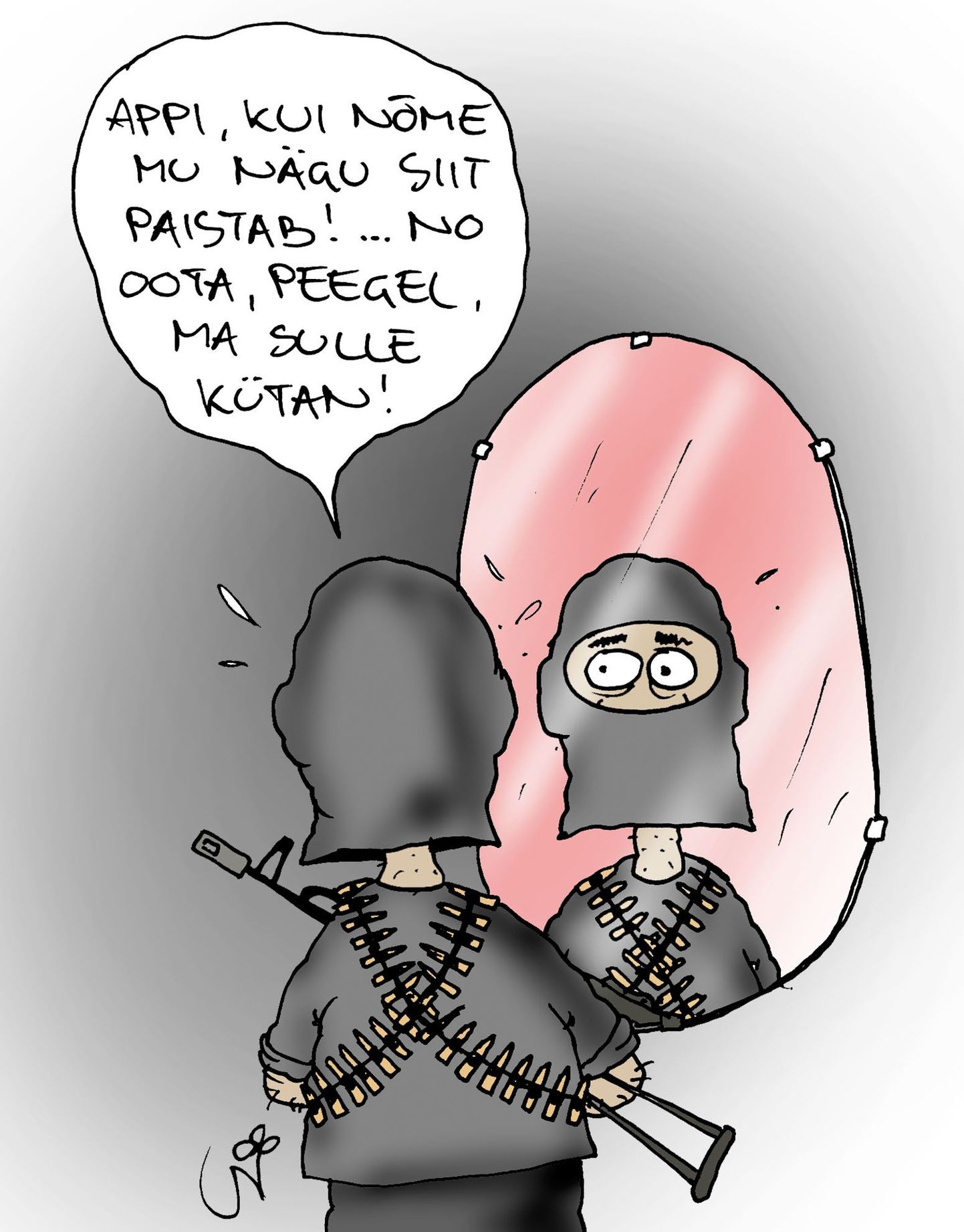Of the background of the attacker we know little – only what the Danish authorities had revealed by last night. The symbolic meaning of the attack, however, seems clear. Attacking freedom of speech, extremists are intending to subject it to their understanding of Islam. To achieve their aim, terrorists want to create large-scale paralyzing fear. During the string of events, the targets have been cartoonists who in their works, one way or another, have depicted the Islamic prophet.
To this fear, free world’s societies cannot and must not yield. This is not just a matter if Islam’s prophet can be drawn or not, neither is this an issue of how anyone does that. Freedom of expression is a pillar, a foundation of the free world. True, even in free societies this is restricted by laws, but only to protect individual people’s rights – prescribing sanctions for insults and slander, hindering the stirring of hatred and crimes, and for instance forbidding certain types of pornography. The right to express one’s attitude towards political or any other ways of thought, including the religious, needs to be free. Indeed, freedom of religion is guaranteed by those believing one way not allowed to launch weapons against those who believe otherwise; meanwhile, they may speak, write and why not draw about their religious feelings like all other things.

